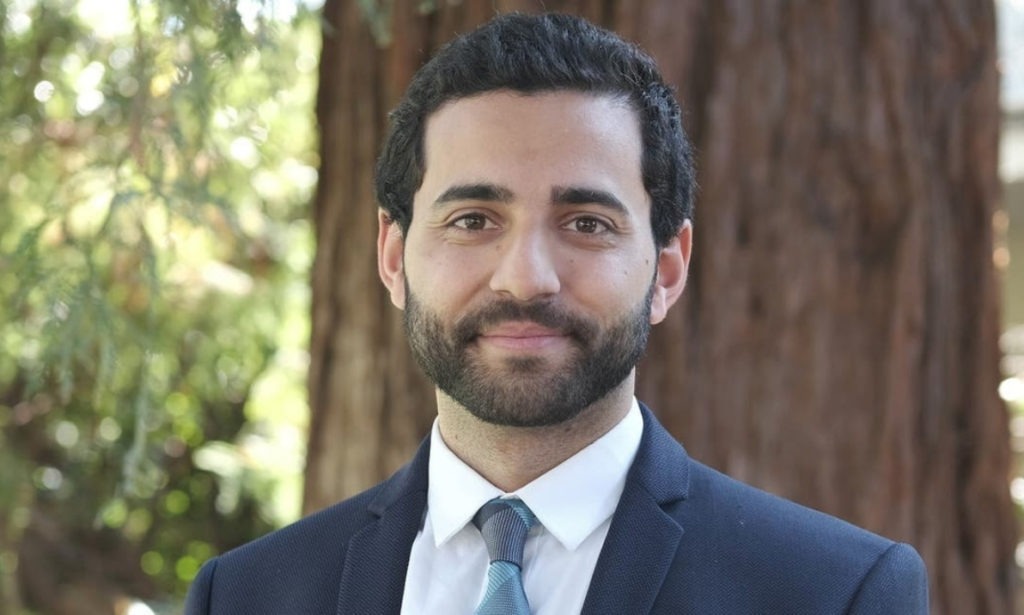Hassan Shahawy, a Los Angeles-born Egyptian-American Harvard graduate has just been elected as the first Muslim president of the Harvard Law Review in its 135th year! He’s making history and promoting diversity in the process.
His Academic History
Hassan Shahawy has an impressive academic history. After earning a Bachelor’s degree in History and Near Eastern studies from Harvard University in 2016, he attended Oxford University as a Rhodes Scholar to pursue a doctorate in Oriental Studies and Islamic law. After that, he joined Harvard Law school.
At 26, he was elected by Harvard Law Review as the first Muslim, Egyptian-American President ever! Others have made history before: including the former U.S President, Barack Obama, when he was named the journal’s first black president in 1990. The first female president, Susan Estrich, was elected in 1977. An Arab is now making it too; not just any Arab, a Muslim Arab, generally considered a minority in the USA. Accordingly, he’s joining the path of some of the most outstanding political and legal figures at Harvard Law Review.
Working With Marginalized Communities
“Coming from a community routinely demonized in American public discourse, I hope this represents some progress, even if small and symbolic,” Shahawy, 26, told Reuters in an email.
Shahawy has complete dedication to working with marginalized communities to point out social injustices. He has also worked explicitly with refugee populations and on criminal justice reform. Volunteering at a children’s cancer hospital in Cairo is not beyond him. He is definitely an active member of each community he joins.
Hassan is the Vice President of the Harvard Islamic Society, and an Executive Commitee Member of the Harvard International Review. Consequently, it’s no surprise that he is elected to be the first Muslim president in its 134-year history; putting him at the top of one of the most prestigious US law journals.
Shahawy’s predecessor, Michaeljit Sandhu, described the Egyptian-American as “astoundingly smart and unceasingly modest” to Harvard Law Today.



